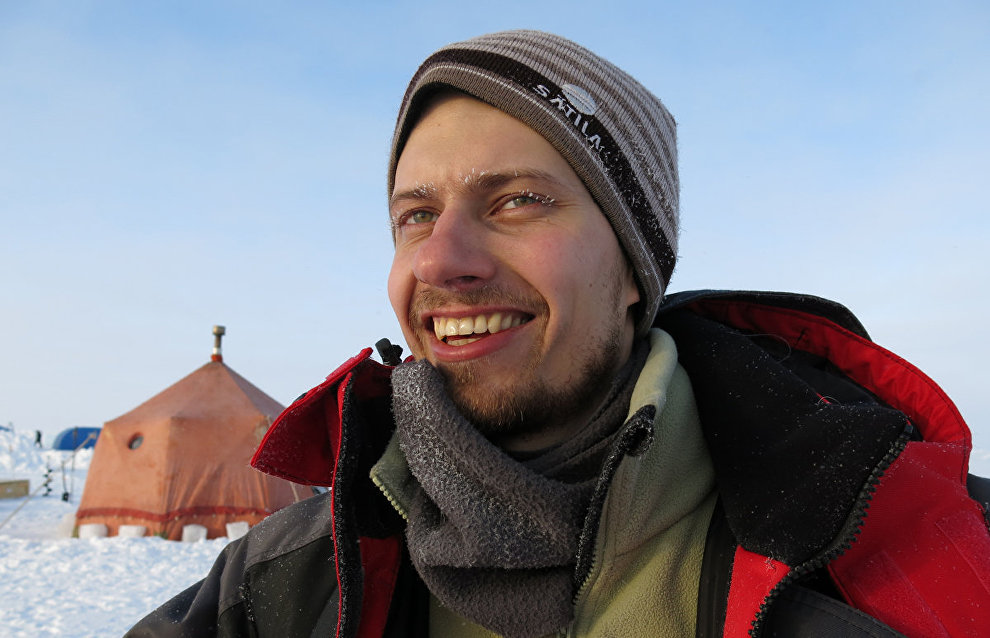Kirill Kivva: We need to make Arctic experts more proactive
Mr. Kivva, please tell us about your current work.
Currently, I'm writing my thesis on the biological productivity of the Bering Sea. Over the past few years, I have been involved in various Arctic expeditions. Today, I would like to report on the penetration of Pacific Ocean waters from the Bering Sea into the Arctic and their possible influence on the region's biological productivity.
How can they influence this process?
What we are talking about is a natural process of the penetration of Pacific Ocean waters into the Arctic Ocean. These waters contain a lot of nutritious salts and spread out inside an intermediate layer, the so-called haloclinic layer. In some cases, this water can surface in the Arctic basin, for example, and this serves to change the phyto-plankton ‘diet.' This rather interesting process can boost local biological productivity levels, but we know very little about it.
Is this an innovation project?
This project involved an entire team of researchers, and not just me. To be honest, Ivan Gangus, my VNIRO colleague, suggested studying these processes in the central Arctic with the help of our standard methods. Yes, I would say, this is really on the verge of modern science.
Is this a little-studied subject?
According to our information, Pacific Ocean waters enter the region in some years, and this does not happen in other years. These waters can simply bypass the central Arctic. So far, we don't know enough about this particular trend.
Pease tell us about your Arctic expeditions.
I have been there many times. I have worked at the Barneo drifting polar base in 2014 and this year, and I took part in the first stage of the North Pole 2015 drifting station project. These were outstanding expeditions. I was also involved in Arctic expeditions to the Bering, Kara and Barents seas.
What do you think about the workshop for young researchers? Should it take place next year?
Certainly, we need this workshop. Our national leaders are becoming aware of the need to prioritize the professional development of young researchers, as this is extremely important for Russia. We need young experts, we need to make them more proactive, and it would be more difficult to accomplish it without this workshop.
Are you experiencing a shortage of young experts?
You are asking a difficult question. Our institute is not hard pressed for young employees. Shortages or lack thereof depend on specific organizations and sometimes on their various departments simply because young people prefer to work for successful divisions.
They probably don't like boring places.
Some agencies don't have middle-aged employees, only elderly, seasoned pundits. Sometimes they cannot work actively with young people.
And how should we involve young people in Arctic projects?
We are facing some problems, among them the funding of research work. Frankly speaking, budget allocations for research remain very low.
Do other countries spend more on research?
Of course. For example, the United States spends ten times more on research than Russia does. This policy makes it possible to implement more projects and to obtain additional practical results. Despite such intangible factors as enthusiasm and romantic-minded dedication, funding is the most important issue for achieving success at the state level.
